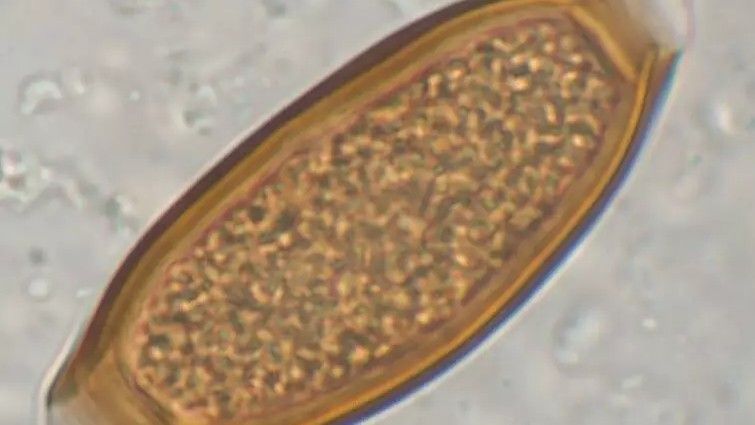
Ivermectin
Ivermectin is an antiparasitic drug. After its discovery in 1975, its first uses were in veterinary medicine to prevent and treat heartworm and acariasis. Approved for human use in 1987, today it is used to treat infestations including head lice, scabies, river blindness, strongyloidiasis, trichuriasis, ascariasis and lymphatic filariasis. It works through many mechanisms to kill the targeted parasites, and can be taken orally, or applied to the skin for external infestations. It belongs to the avermectin family of medications. William Campbell and Satoshi Ōmura won the 2015 Nobel Prize in Physiology or Medicine for its discovery and applications. It is on the World Health Organization's List of Essential Medicines, and is approved by the U.S. Food and Drug Administration as an antiparasitic agent. In 2018, it was the 420th most commonly prescribed medication in the United States, with more than 100,000 prescriptions. It is available as a generic medicine.















